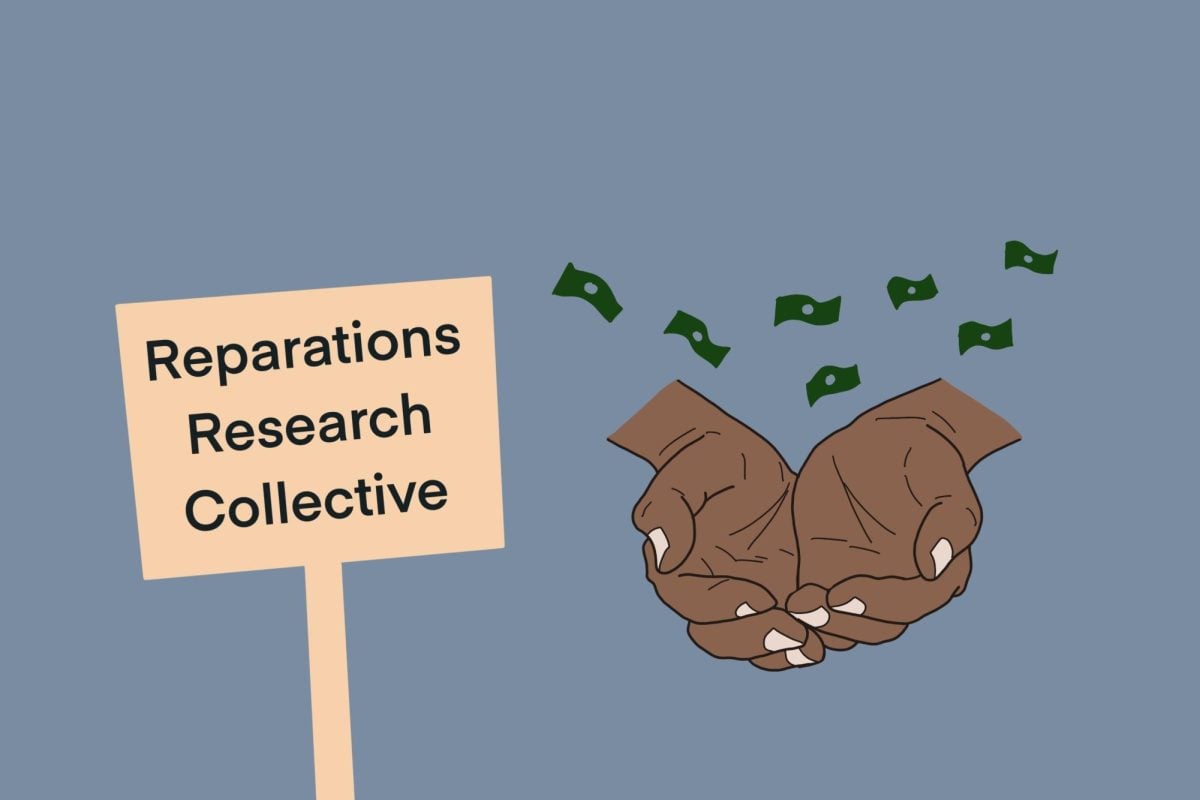Northwestern established a research collaborative last year to study Evanston’s first-of-its-kind reparations program passed in 2019. The Evanston Reparations Research Collaborative — spearheaded by the University’s Center for the Study of Diversity and Democracy — found widespread support for the program in its first public opinion survey, released Tuesday.
Results showed the program enjoys overwhelming support across Evanston’s nine wards, according to a Tuesday news release.
For his initial data collection, political science Prof. Alvin Tillery and his colleagues hired a third party — the National Opinion Research Center at the University of Chicago — to conduct the survey.
Tillery and his team employed several survey strategies, creating a website in cooperation with Evanston, posting the link to the reparations survey on the city’s social media and recruiting government officials to encourage constituents to fill out the survey.
NORC also collected responses by using postcards to address a lack of access to the internet.
Tillery said the survey examined two main dimensions of public opinion: policy-making and trust in local government.
According to the survey, more than 60% of residents in each racial category responded positively to the program, with 70% of white residents, 64% of Black residents, 62% of Asian residents and 61% of Latine residents believing the program to be “good public policy.”
The second part of the survey inquired about whether the program increased or decreased Evanston residents’ trust in city government. Net positive gains were reflected in results across all surveyed groups, with the trust of white residents increasing by 26%, Asian residents by 15%, Latine residents by 13% and Black residents by 12%.
“I’m thrilled that we got positive public opinion results here,” Tillery said. “I didn’t expect this. I expected the results to be more moderated by the fact that there’s often a big racial gap in opinion on reparations.”
While the survey results were generally positive, residents have criticized the reparations program for several barriers to equity. At the most recent Reparations Committee meeting on Oct. 5, residents raised concerns about logistical issues that stand in the way of distributing reparations.
Evanston resident Meleika Gardner takes issue with the reparations program becoming a housing program that she said should be offered regardless. Gardner said she believes the results are “misleading the country.”
“I do applaud Evanston reparations for making reparations a real conversation across the country, but I think it’s a disservice to influence other cities to make simple housing programs and entrepreneurial programs as reparations,” Gardner said. “Don’t call that Black people’s reparations.”
According to Tillery, the most challenging part of the survey process was ensuring that the distribution of responses proportionately matched Evanston’s demographics.
The survey team aimed to obtain results from seven to ten percent of Evanston’s population, Tillery said. Tillery and his team ended up reaching 3,500 Evanston residents out of about 75,000 total Evanston residents.
“We’re pretty confident that the data is really excellent because the responses to the survey look very much like the demographics of the city,” Tillery said.
However, data collection was interrupted in May when the city approved direct cash payments for reparations.
Despite this interruption, Tillery and his team are confident this initial data can be used to inform future city decisions regarding reparations.
“The survey is the first feedback that we have on an operational reparations program, so it is incredibly important that the majority of opinion across racial groups views reparations positively,” said political science Prof. Tabitha Bonilla, who directed the poll and co-authored the study. “The data suggests that Evanston’s reparations program can be instructional for other municipalities and governments that wish to establish reparations programs.”
As his next step, Tillery plans to start with focus groups to investigate how Evanston residents feel about the shift to cash payments.
“Hopefully, the data will inform how (Evanston) approaches what they’re going to do next,” Tillery said. “I hope that Evanston can model that you can pass (reparations) policies and then you can evaluate them using social science. I hope that that model reaches other communities.”
Email: leahschroeder2026@u.northwestern.edu
Twitter: @lmschroeder_
Related Stories:
— Evanston Reparations Committee addresses payment concerns at latest meeting
— Community advocates celebrate direct cash payment reparations option but push for more funding
— A reparations retrospective: Looking back at Evanston’s historic reparations initiative







